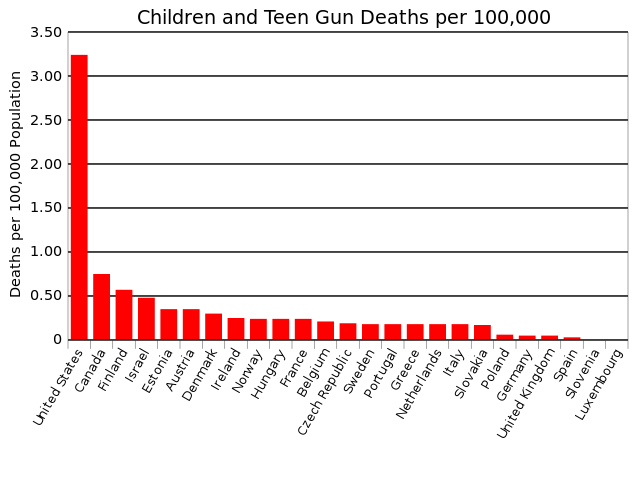In these troubled times, I appreciate more than ever the spiritual Amazing Grace, especially the first stanza:
Amazing grace how sweet the sound
That saved a wretch like me.
I once was lost but now I’m found.
Was blind but now I see.
I have always found the melody grippingly moving, and always want to sing along, but it was probably the film version of Amazing Grace, based on the true story of the movement against the slave trade in 18th century Great Britain, that imbued the song with the power it has for me. That world-shattering anti-slavery movement was led by William Wilberforce, who was inspired by English poet, clergyman, and former slave-trader John Newton (1725–1807), who wrote the song.
To me, Amazing Grace is not simply a rapturous expression of Christian faith, although Christianity was the particular vehicle embraced by John Newton to rescue him from the evils in which he had become ensnared. Rather, I see it as a song of redemption and hope that reaches out across estranging and often evilly-manipulated divisions of religion, race, gender, nationality. Also, I resonate to the idea of grace as a force and gift available to all, not restricted to people claiming a particular set of beliefs in a particular religion.
My recent fantasy was that somehow Amazing Grace could become a tenacious torrent of sound that would envelop all the pseudo-Christians, deceived disciples, and lost souls of other religions who profess love and peace but promote hatred and perpetrate violence. And while it was at it, I hoped the torrent would sweep up all the angry, frightened, defensive, and sometimes venemous people who vilify fighters against injustice.
Among the people I would like to see swept up are those who scorn Colin Kaepernick for standing up against racism by sitting down during the playing of a national anthem written by a slave owner, originally including a stanza degrading runaway slaves, and a sadly apt metaphor for a nation awash in centuries of murderous racism.
My grand fantasy for the future is that the world, before it is too late, will replace national anthems and battle hymns of republics with Amazing Grace and other songs that honor love and redemption rather than violence and vicious victories.



